Metal Cladding Replacement Timing

Spring offers moderate weather conditions, reducing installation delays and ensuring proper adhesion.
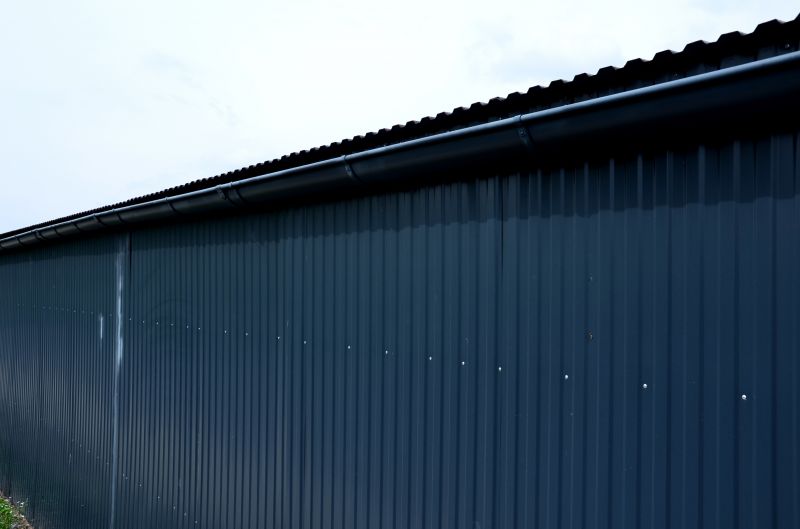
Summer provides longer daylight hours and warmer temperatures, ideal for metal cladding projects.

Fall allows for completion before winter, with cooler temperatures that can benefit certain materials.
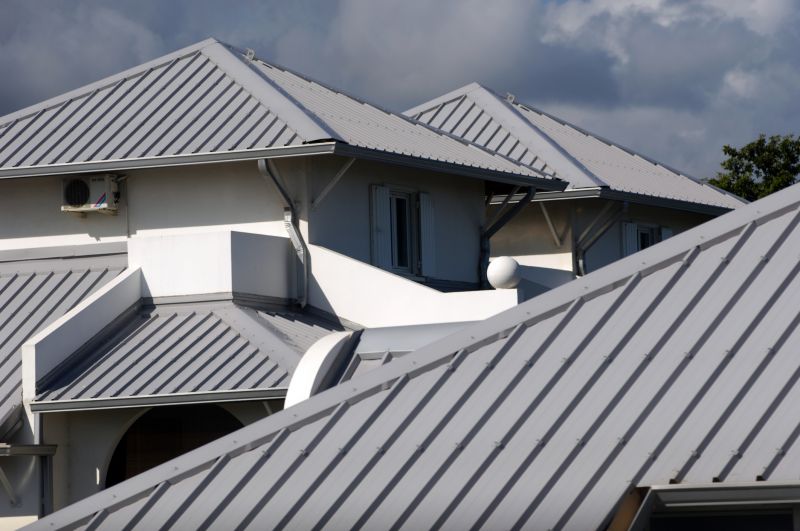
Ways to make Metal Cladding Replacements work in tight or awkward layouts.
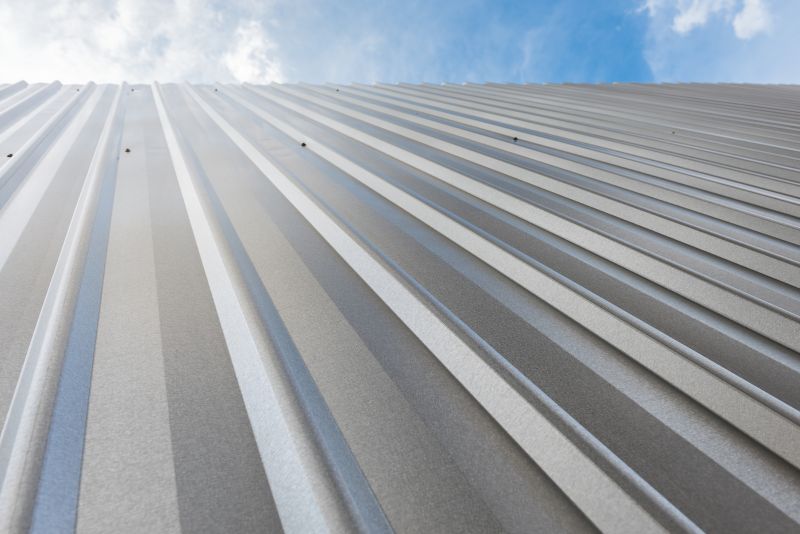
Popular materials for Metal Cladding Replacements and why they hold up over time.
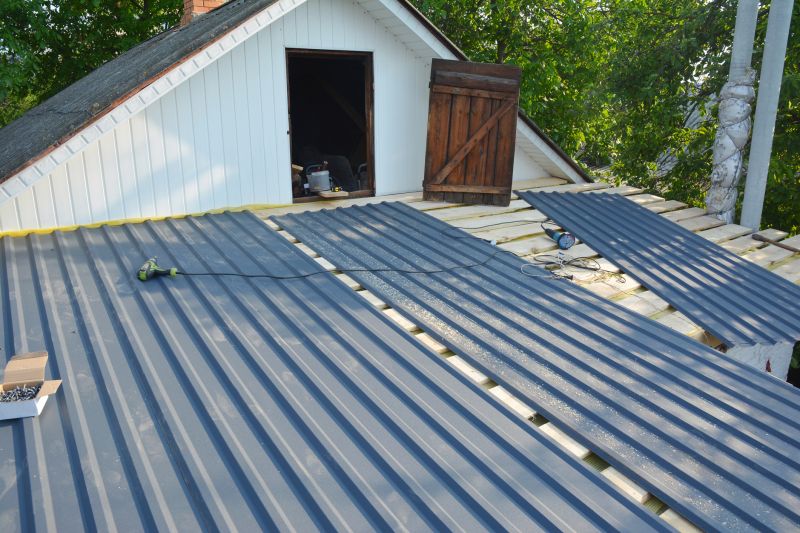
Simple add-ons that improve Metal Cladding Replacements without blowing the budget.
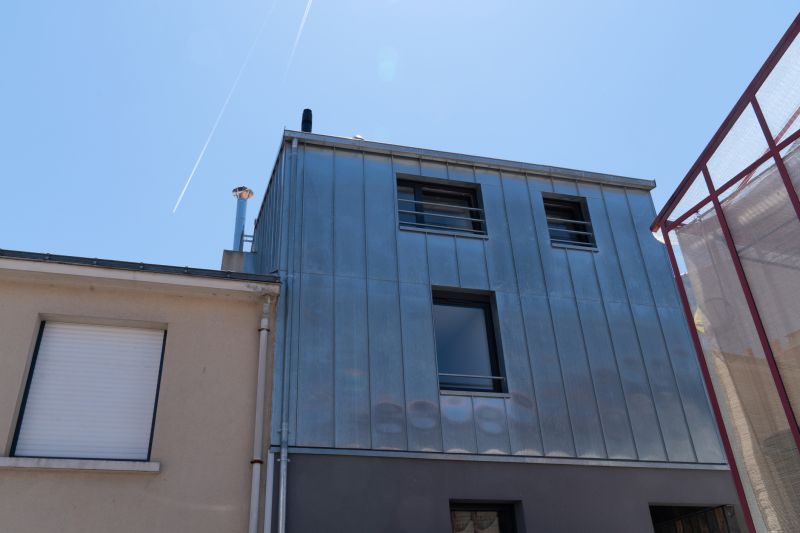
High-end options that actually feel worth it for Metal Cladding Replacements.
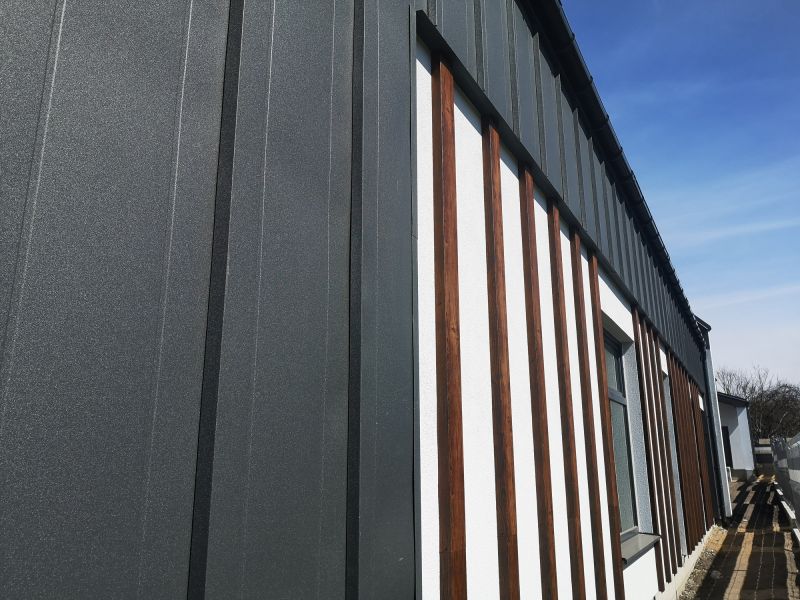
Finishes and colors that play nicely with Metal Cladding Replacements.
Metal cladding replacements involve upgrading or replacing existing exterior panels with new metal materials. This process enhances building aesthetics, improves durability, and can increase energy efficiency. The timing of these replacements is crucial to ensure optimal installation conditions and long-term performance. Proper scheduling considers weather patterns, material specifications, and project scope.
Choosing periods with mild temperatures and low humidity minimizes installation issues and material defects.
Certain metal cladding materials perform best within specific temperature ranges, influencing timing decisions.
Planning during off-peak seasons can reduce costs and scheduling conflicts, leading to smoother execution.
Timing should consider occupancy levels to minimize disruption during replacement projects.
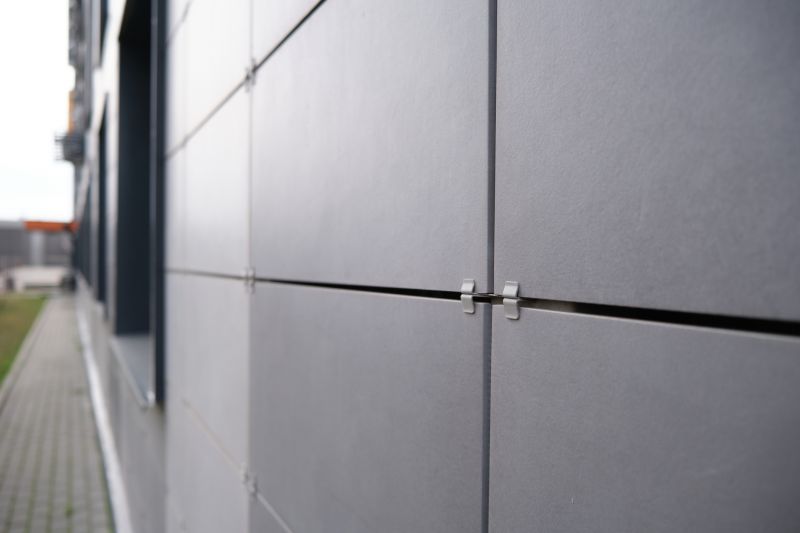
Spring is ideal for installations due to moderate weather and longer daylight hours.
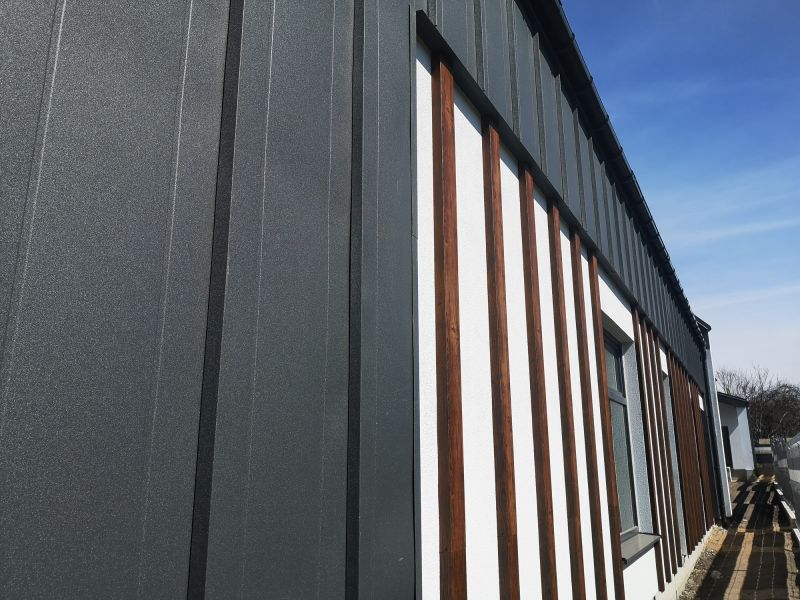
Summer's warm and dry conditions facilitate efficient installation processes.
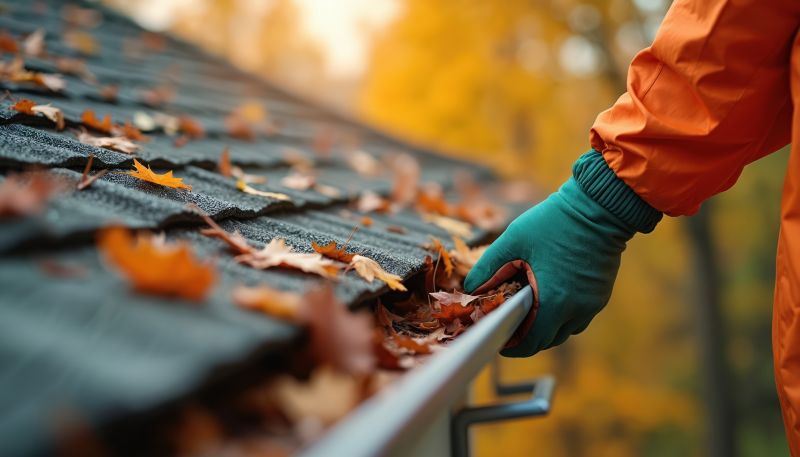
Fall allows completion before winter, with cooler temperatures aiding certain materials.
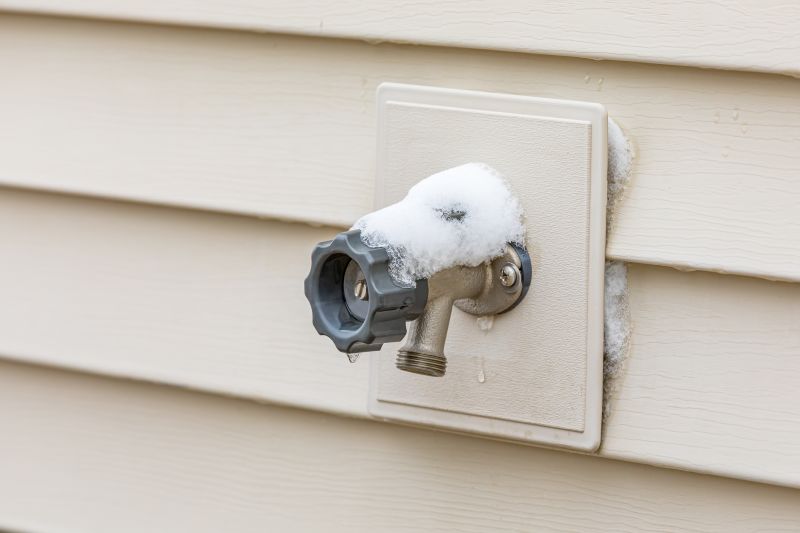
Winter is generally less suitable due to cold temperatures and potential weather disruptions.
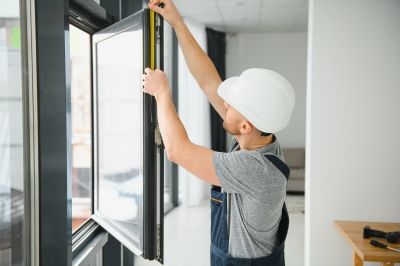
Little measurements that prevent headaches on Metal Cladding Replacements day.

A 60-second routine that keeps Metal Cladding Replacements looking new.

A frequent mistake in Metal Cladding Replacements and how to dodge it.
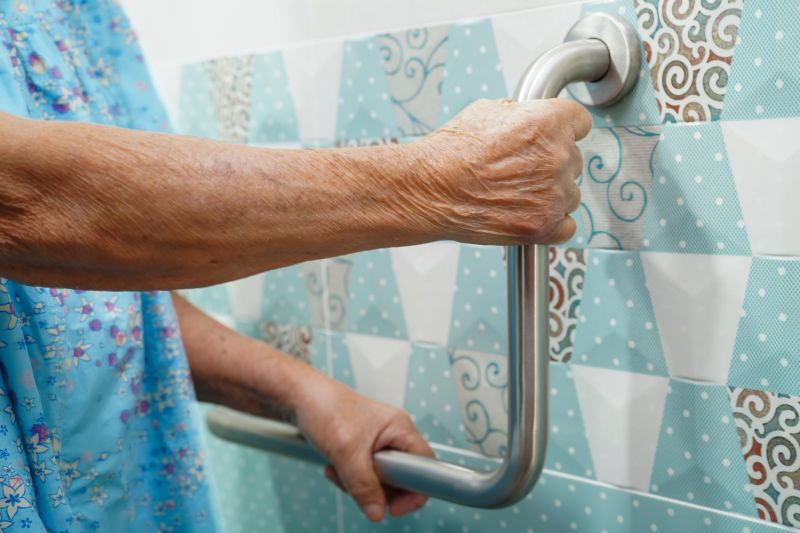
Small tweaks to make Metal Cladding Replacements safer and easier to use.
| Season | Advantages |
|---|---|
| Spring | Moderate weather, longer daylight, ideal for installation |
| Summer | Warm, dry conditions, quick project turnaround |
| Fall | Cooler temperatures, before winter, suitable for many materials |
| Winter | Limited, due to cold and weather challenges |
Metal cladding replacements can significantly extend the lifespan of a building's exterior. Proper timing ensures that installation occurs under optimal conditions, reducing risks of defects such as warping, corrosion, or improper adhesion. Selecting the right season also minimizes disruptions to building occupants and operations, supporting a smoother project execution.
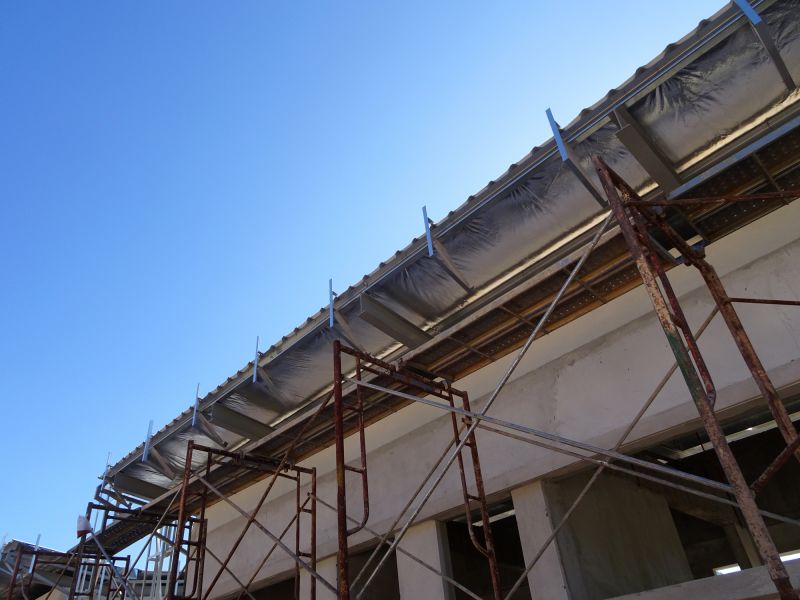
Spring's mild conditions support effective metal cladding installation with minimal weather-related delays.
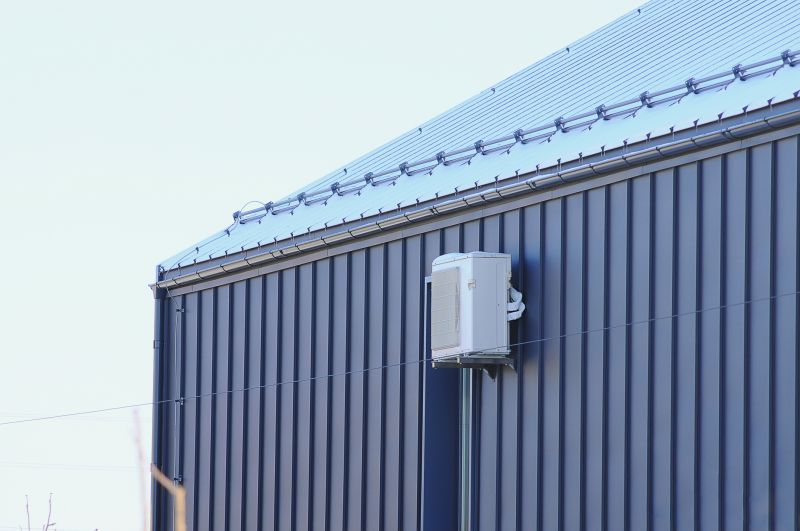
Optimal for fast, efficient installation due to dry and warm weather.
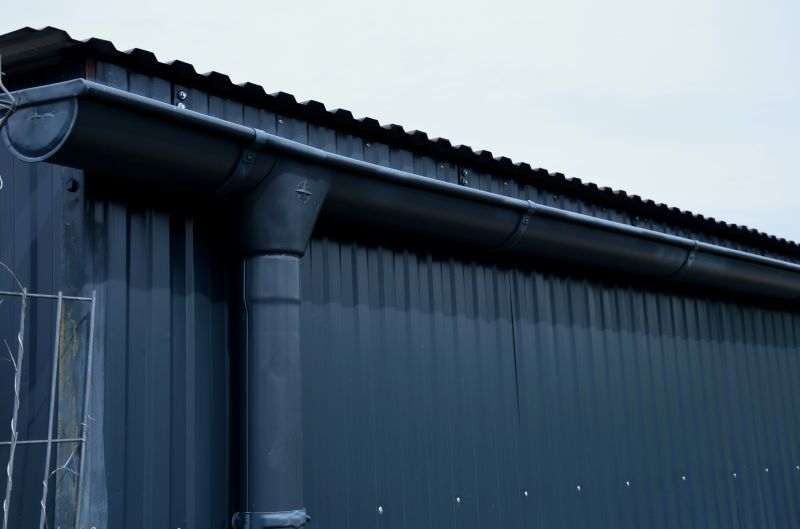
Prepares buildings for winter, with cooler temperatures aiding material performance.
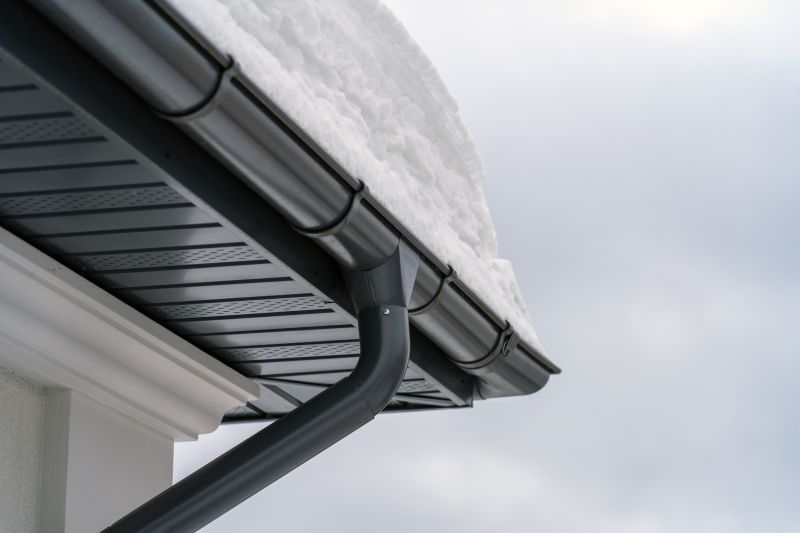
Cold temperatures and snow can hinder proper installation and material performance.
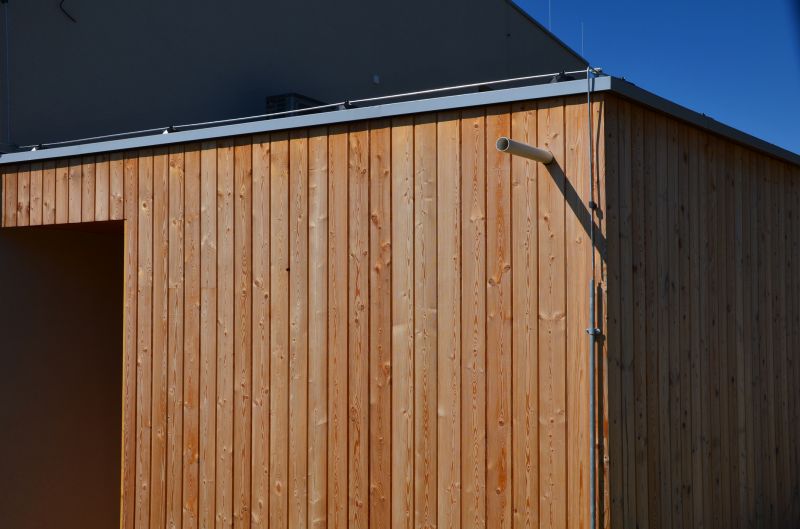
Lower-waste or water-saving choices for Metal Cladding Replacements.
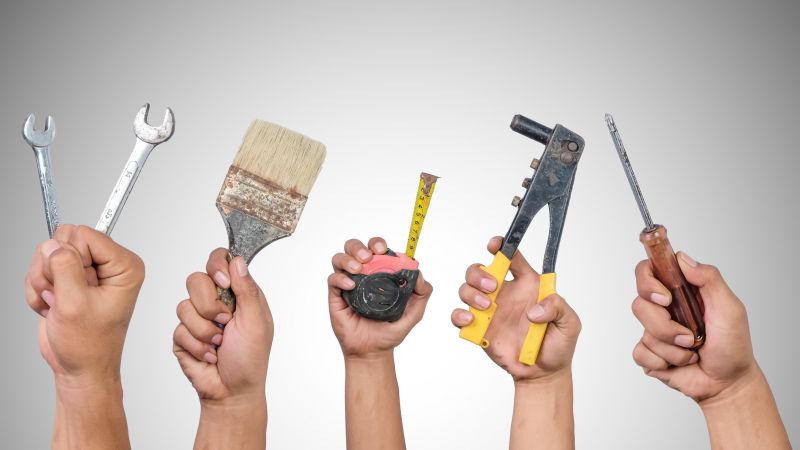
The short, realistic tool list for quality Metal Cladding Replacements.
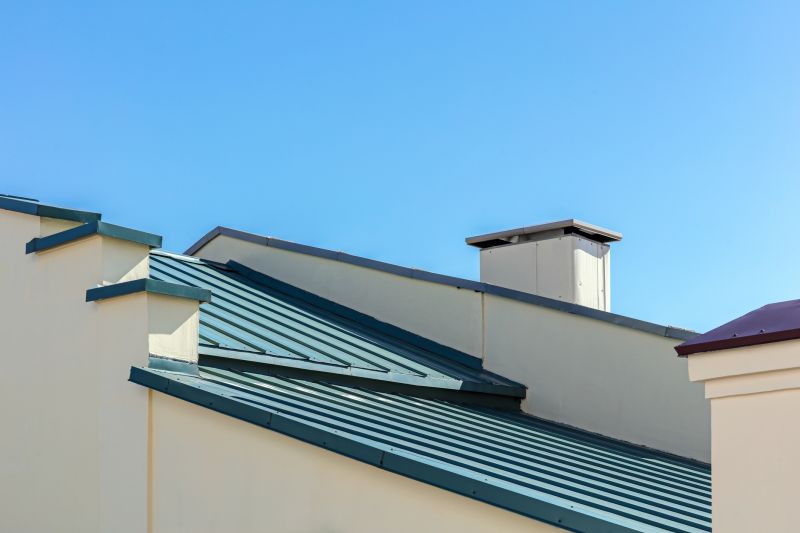
Rough timing from prep to clean-up for Metal Cladding Replacements.
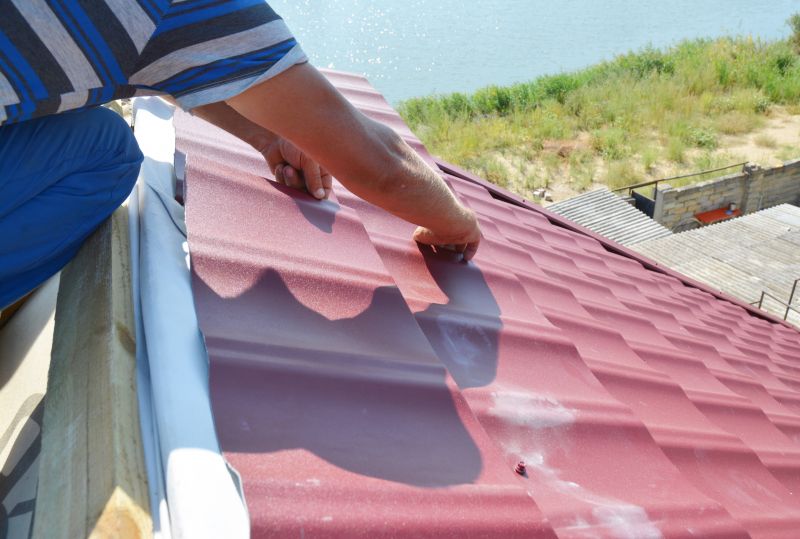
Quick checks and paperwork to keep after Metal Cladding Replacements.
Choosing the appropriate time for metal cladding replacement can influence project outcomes, durability, and cost. Considering seasonal weather patterns and material specifications ensures the installation process proceeds smoothly and the new cladding performs as expected over its lifespan.
Interested in scheduling a metal cladding replacement? Fill out the contact form for more information.
Professional guidance can help determine the best timing for specific building needs.



